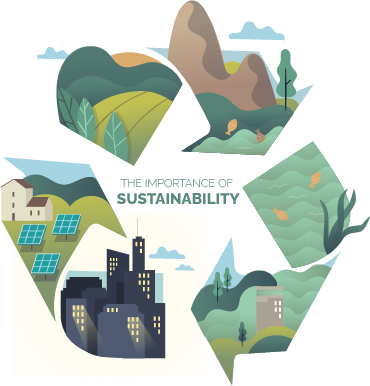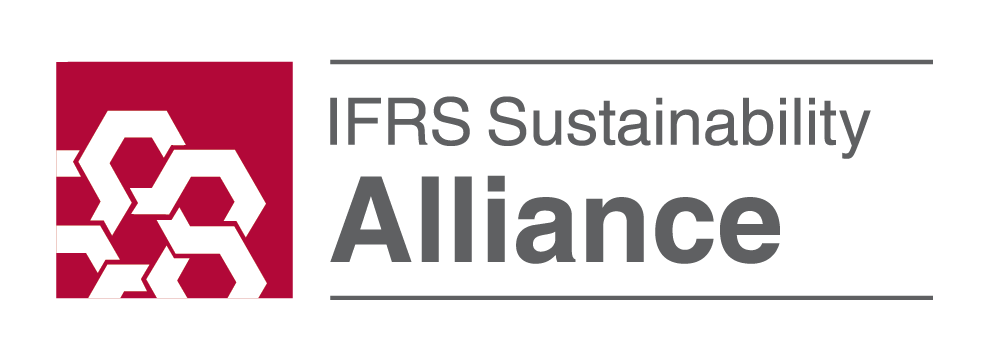By fully embedding sustainability practices in their business, companies stand to reap distinct benefits.
IT will become mandatory for all SGX primary-listed companies to publish an annual sustainability report on a comply-or-explain basis with effect from the financial year ending on or after 31 December 2017. The SGX said this will help meet growing demand from investors for more information on sustainable aspects of doing business.
By making sustainability reporting mandatory, Singapore joins the ranks of the European Union, US, Japan and even Hong Kong in getting all listed companies to be transparent about the economic, environmental and social impacts caused by their business activities. Currently, SGX-listed companies may submit sustainability reports on a voluntary basis, a practice adopted by only a small number such as CapitaLand, City Developments Limited (CDL) and Singapore Exchange.
Elements of a sustainability report
According to the SGX consultation paper on the proposed Listing Rules for implementing sustainability reporting, the primary components in a company’s sustainability report should comprise:
- The material environmental, social and governance (ESG) factors, why the factors were selected, their relevance to the business and business model, strategy and key stakeholders, and the process by which the choice was made;
- The policies and practices that address each of the material ESG factors, and their performance in the context of previously disclosed targets;
- The targets and objectives for the forthcoming year in relation to each material ESG factor;
- The sustainability reporting framework appropriate to the industry and business model, explaining the choice.
- A statement of the board that the issuer’s sustainability report complies with the primary components; otherwise, an explanation of alternative practices.
Taken together, proponents of sustainability reporting believe such disclosure assures stakeholders that the company is well managed, with interests aligned with investors, thereby building investor trust and confidence.
However, sustainability reporting may also seem to be adding to the compliance and reporting burden for companies, without generating any real benefit beyond looking good amongst their peers. Is it really just a case of “ticking the boxes” and be done with it?
Benefits of sustainability practices
Companies will do well to go beyond mere compliance in their sustainability reports. By fully embedding sustainability practices in their business, they stand to reap distinct benefits.
The first is the cost savings arising from improved operational efficiencies due to more efficient water and energy consumption. For example, listed property developers, CapitaLand and CDL, have over the past years reported substantial cost savings from their sustainability efforts which have directly contributed to improved bottom line performance.
The second benefit is the positive impact on brand equity. Sustainability can and has been leveraged to differentiate one’s product or service from the competition. CDL’s late deputy chairman Kwek Leng Joo said that CDL had hoped to create a strong brand equity, product differentiation as well as investor and consumer value through its sustainability efforts. The international awards and accolades that CDL has received are proof that CDL is well on the way to achieving that vision.
At the other extreme, the annual incidence of haze and air pollution due to slash and burn methods of clearing forest land in Indonesia has led to calls to boycott listed plantation companies believed to be behind such unethical and environmentally damaging methods.
The third benefit comes in the form of employee satisfaction and retention. Studies have shown that sustainability-conscious companies have been better able to retain staff. In a 2013 Employee Engagement Survey conducted by a third party consultant, CDL achieved a score of 70 per cent on the Employee Effectiveness Index, which is 6 percentage points higher than the national average. More impressively, its employee turnover was 15.9 per cent, 8.4 points below the national average of 24.3 per cent.
The fourth benefit lies in building a reliable supply-chain eco-system. By taking the lead in sustainability, companies will be conscious in selecting, guiding and managing supply-chain partners. Over time, the entire eco-system will operate within a more sustainable framework. A case in point would be the companies in the business of producing palm oil or forestry products in Indonesia. They will do well to highlight in their sustainability reports how the material risk to the environment is being managed. Further, they should select contractors and vendors that meet external independent standards like ISO 14001 or OHSAS 18001, and for palm oil, the standards of the Roundtable on Sustainable Palm Oil (RSPO) to ensure compliance and mitigate the risks of omission or wrongdoing in the supply chain.
Increased valuation is validation
Value creation is a virtuous cycle, enabling companies to enjoy a higher valuation against their peers and a lower cost of equity funding, leading to further improvement in their financial positions.
To conclude, companies should avoid seeing sustainability reporting as a mere paper exercise; it has benefits that may be leveraged if they are committed to embedding these practices in their normal course of business. At the end of the day, it is important for the public to trust that companies will be good stewards of all the resources at their disposal, to act responsibly at the same time as they are seeking to maximise profits.
By LEE CHUAN GUAN JOHN
- The writer is a member of the Professional Development Committee of the Singapore Institute of Directors.
- For more articles, go to btd.sg/BMatters
- Article Origin here : http://www.businesstimes.com.sg/companies-markets/sustainability-reporting-going-beyond-compliance





